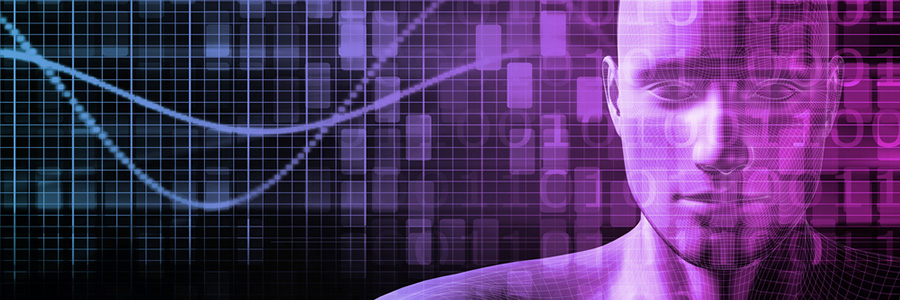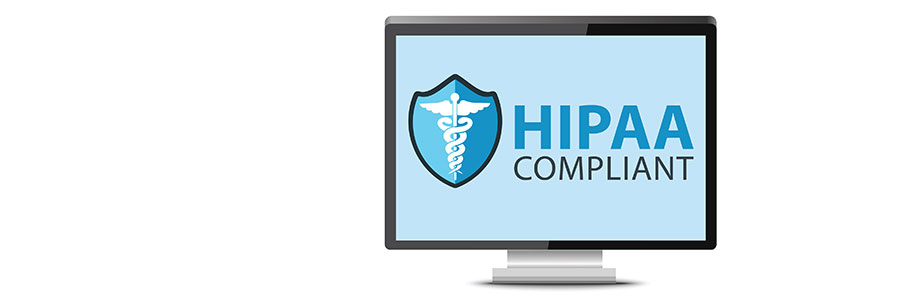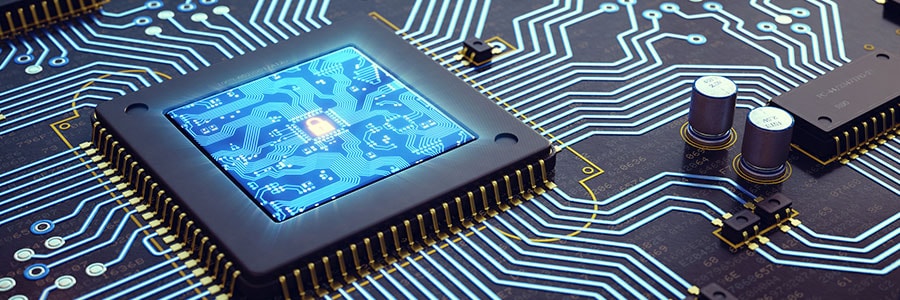Technology changes and evolves at the blink of an eye. A new invention this year can be obsolete the next. However, some technological advancements survive the test of time, as is sure to be the case with machine learning. It’s the first step toward artificial intelligence (AI), and it’s already making huge strides in the healthcare industry.
C.I.M. Solutions Inc.
EHR hardware: you need to know
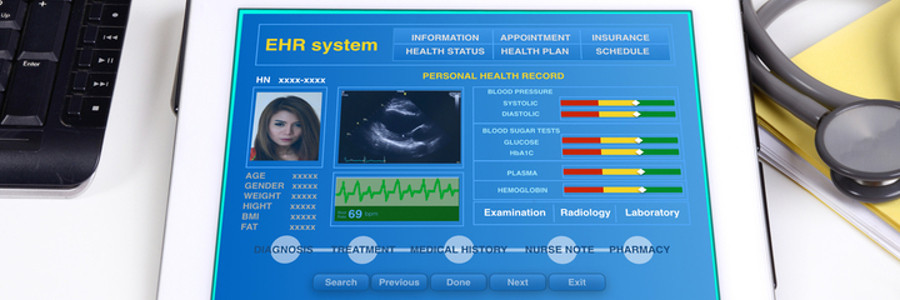
Adopting technology that efficiently stores customer information in one highly organized system used to be inconceivable for many businesses. But not anymore. For healthcare organizations, in particular, digitally collecting and storing patient data has become possible with EHR.
EHR stands for “Electronic Health Record,” and a lot can go into getting your practice ready for one of these data-sharing, network-connected, enterprise-wide information systems.
Features of Mobile Device Management in Healthcare

Just like other industries, healthcare providers are using mobile devices for doing work and communicating with practitioners, staff, and patients. Wireless networks and portable devices in the healthcare setting have their benefits, and the IT staff must have controls like Mobile Device Management (MDM) software to efficiently maintain and manage the security and privacy required by federal regulations.
Mitigating healthcare insider threats
Social Media and HIPAA Compliance

Before Social Media platforms like Facebook went live, HIPAA was established to protect the privacy of medical providers and their patients. And although there are no specific rules for Social Media use, every healthcare organization must implement security protocols that adhere to privacy policies.
Cybersecurity protocols to protect PHI
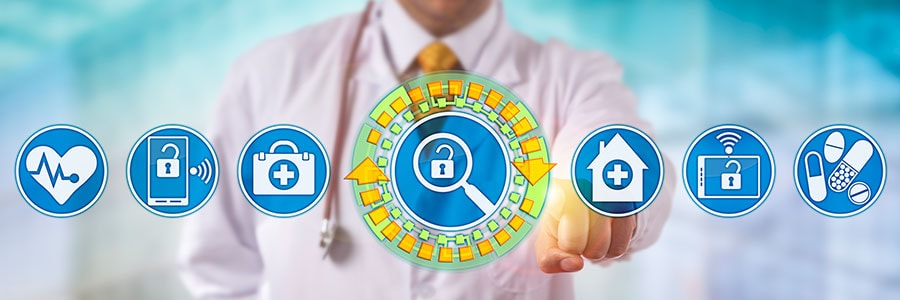
As you are well aware, healthcare companies and the vast amount of valuable patient information they hold have become a major target of cyberattacks. Hospitals must combat this with a highly-trained team of technicians equipped with premium systems and protocols, including:
Routine Access Monitoring
To control access to protected health information (PHI), your IT department must introduce guidelines and restrictions.
3 ways to avoid Spectre and Meltdown
Benefits of virtualization for healthcare
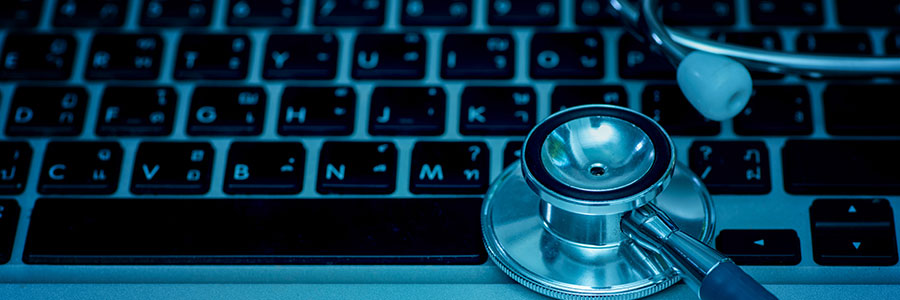
Compared to organizations in other industries, healthcare practitioners are having difficulty adopting new technology. Providers are understandably hesitant about storing electronic health records (EHRs) in the cloud, but there is another option. Virtualization increases IT stability and efficiency and keeps your most sensitive information on site.
The EHR vs traditional record debate
Is the future of the healthcare industry digital? Experts see no other way forward, as demonstrated by the popularity of electronic health records. However, critics of this new recording process have pointed out major flaws that aren’t present in its traditional counterpart: paper-based recording.

